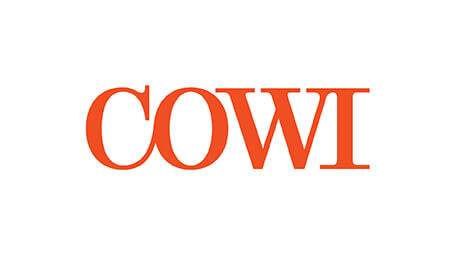What if nature sent an invoice for your environmental cost?
Companies and institutions are challenged to run the global bank, our planet, in a responsible way: a short-sighted focus on financial benefits and failing to take externalities fully into account has brought the Bank of Natural Capital into the red.
The elements of Natural Capital interact to supply humans and other species with the natural goods and services that are diverse and planet-wide. Today, many natural resources on which society and business are dependent are being lost at an unprecedented rate and the combined effects of ecological degradation and population growth will only accelerate the dependence on natural resources globally.
Climate-KIC Nordic and Affiliate partner COWI have joined forces to enhance a pan-European discussion about the basic elements of Natural Capital. Using Natural Capital Accounting (NCA) is seen by many businesses and institutions as a major driver in making ecosystems an integral part of decision making.
Who should attend?
Decision makers from the private and public sector and academia.
Why attend?
We will show different aspects of the NCA approach and its benefits for supporting decision making processes which underly decreasing costs, reducing risks, enhancing brand and revenue generation. It is an important opportunity to establish a common meeting point for the growing network around Natural Capital Accounting and Life Cycle Assesment as tools for decision making. It offers an ideal platform for networking on an area which has high potential for co-creation of new ideas for better decisions.
Programme – how NCA adds value in decision making
It will start with a short introduction to the concept of NCA and be followed by case study examples of how NCA approaches have created value for companies and institutions in practice. These presentations will provide insight into how NCA has strengthened decision making in a range of areas e.g. on sustainability strategies, choice of technologies, policy-making or design of new business models. They will also illustrate why the public sector is interested in the private sector investing time in NCA. The use of concrete experiences will open up discussions and will inspire the participants to implement the NCA approach in their own company.
Presentations from:
Dorte Glensvig, Chief Market Manager in COWI
giving a short introduction to the methodology behind NCA as a basis for the following presentations
Katherine Foster, Development Lead of the Sustainable Land Use theme for Climate-KIC
highlighting Climate Kic’s focus on NCA approaches and tools for decision making, and explaining how participants can be part of the journey
Mikkel Stenbæk Hansen, Head of Function in The Danish Environmental Protection Agency
setting the scene by describing the international and national interest in NCA approaches
Pernille Ingildsen, Chief of Plan and Project in Kalundborg Forsyning
describing how the use of single socio-economic key numbers can be used to strengthen business cases
Jan Johannesen Director Sustainability in ARLA
outlining their experiences with using the accounting approach called Environmental Profit & Loss on their full value chain
Lynne Donald, HSSE Strategic Relations Manager Maersk Drilling
presenting their learning points from using a NCA approach to establishing an oil & gas well in the North Sea together with DONG Energy
Henrik Schmidt Hansen, CSR manager in Ege A/S
describing how NCA based on Enviromental Product Declarations help them assess the environmental benefits from different circular business models
It will also include initiatives to encourage a dialogue and time for networking.
Details
When: Monday 21 November 13-17
Where: COWI A/S, Parallelvej 2, 2800 Lyngby
How to participate: Register your interest here by 14 November and we will confirm whether you have been allocated a place on 15 November.
Cost: Free but please note that there will be a fee of DKK 500 payable for no-shows
Questions: Contact Jesica Murcia Lopéz at Jesica@climate-kic-nordic.org
This event is organised in cooperation with:


